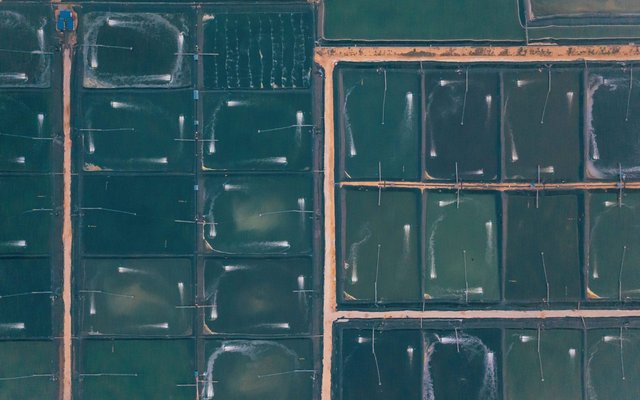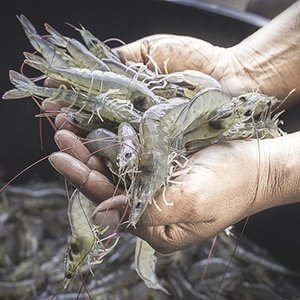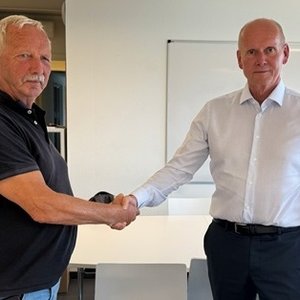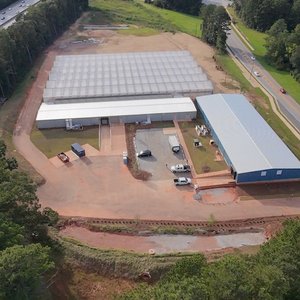ASC revised the Shrimp Standard revisions and freshwater crayfish and freshwater shrimp farmers can now work towards ASC’s stringent requirements for responsible farming, with the addition of new species to the Standard. The requirements for RAS operations will ensure that ASC certification takes into account the unique impacts of this method of farming, which is growing in popularity around the world.
Revised ASC Shrimp Standard
The revision to the ASC Shrimp Standard adds four new genera of freshwater species and means that 99% of globally farmed shrimp are now covered by the scope of the standard. The four new genera added to the Shrimp Standard are Cherax, Procambarus, Astacus and Macrobrachium.
Michiel Fransen, ASC director of Standards and Science, said that “this revision spreads the potential positive impact of ASC by enabling more farmers to apply for certification, which requires both environmental and social responsibility. ASC’s Shrimp Standard now includes almost all global shrimp production within its scope. Given the benefits of certification – to farmers, workers, the environment, and local communities – that can only be a good thing.”
As part of ASC’s commitment to constant improvement and collaboration, all ASC standards are periodically revised and updated by multi-stakeholder teams of experts, taking into account public feedback. The revision of the Shrimp Standard has not only added important new species but also made a number of other updates ensuring the Standard reflects current best practices.
New ASC RAS module
RAS farms use recirculation and filtration systems which enable the farming of fish in contained facilities that can be placed on land. This can reduce certain impacts associated with farming, but can increase other potential impacts – things like energy and water use, and effluent disposal.
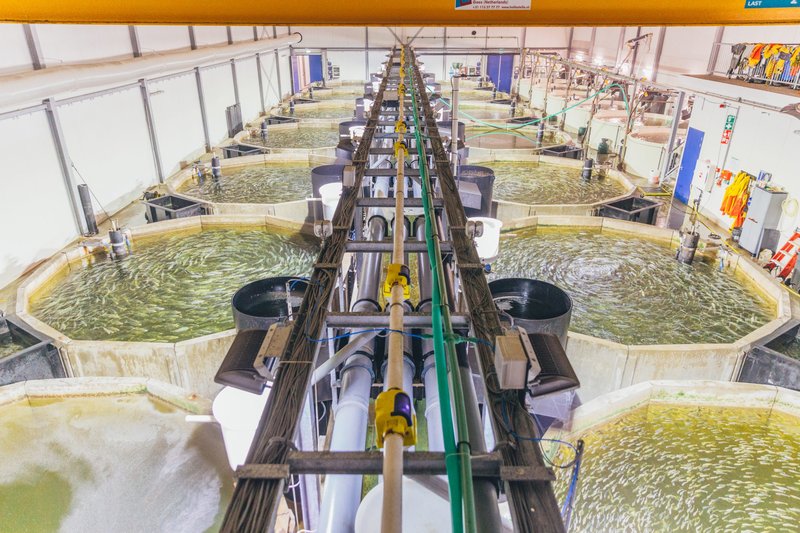
To reflect the increasing use of RAS, ASC has developed a RAS module, which includes new requirements that apply specifically to RAS farms. This includes requirements for energy monitoring and developing strategies to reduce emissions, and minimize the negative effects on water resources. Any RAS farm will have to meet these requirements, in addition to all of the requirements in the specific ASC standard covering the species they are farming.
Fransen said that “aquaculture is a fast-moving, innovative industry. This means we have to continuously review and adapt the ASC program to make sure we’re still reflecting the industry and current best practices. RAS farming, like all farming, has particular impacts. At ASC we don’t believe one method of farming is inherently superior – we think what matters is the specific impacts are properly addressed and minimized.”
There will now be a six-month period before both new updates are live and mandatory, giving farmers and auditors the chance to familiarize themselves with the changes and additions.


